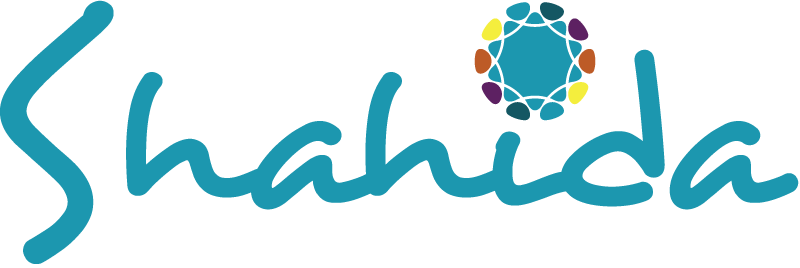Woolf Institute
COVID-19 does not discriminate
The COVID-19 pandemic has challenged and tested us. Whatever your faith, it may have trembled a touch in the face of such adversity. But even though we mourn our losses and march through the streets masked and distanced, there is an undercurrent of hope. As this virus swipes a lethal and indiscriminate brush over anyone in its path, many of us emulate its inclusiveness and band together to fight a common enemy. There is strength and power in unity.
We have gone through 2 lockdowns. In the first lockdown, we observed Ramadan (the month of fasting). Ramadan is a time for reflection, prayer, and sacrifice. It is also a month of mercy and forgiveness – a month when charitable deeds are at their peak. However, charity isn't just about donating money to fundraising appeals and it's not limited to reaching out only to those in our own faith. It can be something as simple, but life changing, as a smile to a stranger. It can be reaching out to an elderly neighbour, a bereaved friend, or someone struggling with mental illness. It can be as simple as sending a text, Are you okay?
Charity is showing selfless kindness with no expectation of reward. This reaches well beyond our differences in faith. Hunger feels the same in every child's belly.
This year, Ramadan presented particular challenges, but it made us even more grateful for our blessings and shifted our focus outward and onto those who needed our help, regardless of their beliefs. We need now, more than ever, to work together and support one another.
Cambridge Muslims' Covid-19 Response
Spurred on to observe Ramadan more creatively, my brother Kal and I began by enlisting the help of Abdul Quayyum, owner of Al Amin, a Cambridge food shop. Collectively, we launched Cambridge Muslims Covid-19 Response, a fundraising appeal that helped the vulnerable by delivering halal food items to individuals directly affected by COVID-19.
As powerful as this initiative was, we wanted to cast our net wider. As COVID-19 is indiscriminate, so were we. We approached Muslims and non-Muslims in our quest to feed and support those in most need. The pandemic gave us an opportunity to strengthen relationships with other groups and organisations. These efforts led us to launching our Cambridge-based charity, the Karim Foundation in September 2020.
In the spirit of Islamic principles of care, humility and compassion, our mission is to prevent and relieve poverty by providing food and monetary support to individuals and families suffering from financial hardship.
The pandemic has left many vulnerable. They struggle to pay bills, heat their homes and buy food. With a long winter ahead of us, this battle to survive will become even more difficult. Illness and job loss will lead to poverty, striking at the heart of the community, regardless of faith or beliefs. Our aim at the Karim Foundation is to break the cycle of poverty and prevent long-term suffering both physically and emotionally.
The Karim Foundation supports communities by collecting and providing information on the specific impacts COVID-19 has on disadvantaged minorities. This leads to more efficiency and targeted services when dealing with an emergency such as the rampant spread of COVID-19.
We search for those invisible communities who may lack the confidence to ask for help. They may need more diversity in their food items or necessities to help them retain their cultural identity. Foodbanks are open to all but lack the capacity to cater to minority communities with specific needs. We try to fill that gap with vouchers for food, utility top-ups and fuel, ensuring all benefit from the compassion and generosity of the wider community.
This pandemic, indiscriminate and deadly, has given many the opportunity to put aside their differences and unite in a concerted effort to fight our common enemy. The battle continues, but let us remember the strength and power we can find in unity.
This article is written by Shahida Rahman, who is an author & writer. She works at Cambridge Assessment and is a Trustee of Cambridge Central Mosque and the Karim Foundation.
16 December 2020
